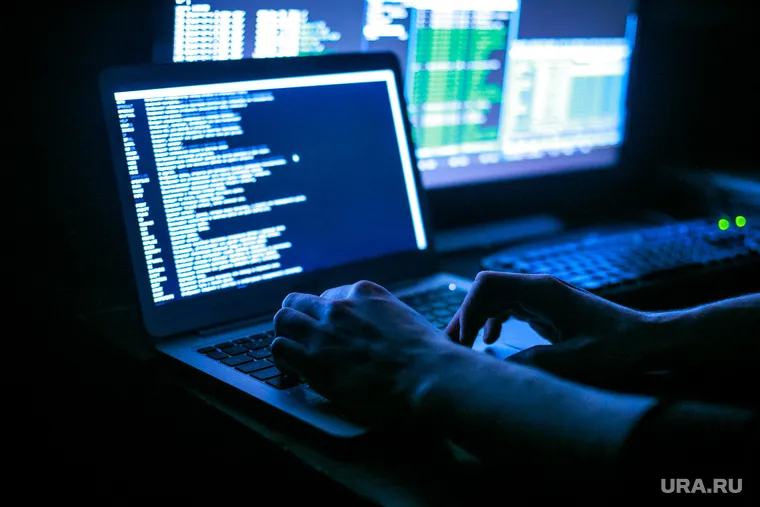As we stand on the brink of a new decade, the field of programming is on the verge of significant transformation. The ongoing evolution of technology, coupled with emerging paradigms and methodologies, will fundamentally influence how we create, deploy, and manage code in the years ahead. This article explores the future of programming by examining the key trends and forecasts expected to define the next decade.
- Emergence of Low-Code and No-Code Development: The rise of low-code and no-code development platforms is gaining momentum, enabling individuals with varying levels of technical expertise to construct applications with minimal manual coding. This democratization of development is poised to expedite software creation, making it accessible to a broader audience.
- Growing Adoption of Machine Learning and AI: The integration of machine learning (ML) and artificial intelligence (AI) into programming workflows will become increasingly prevalent. Developers will harness pre-trained models and AI-driven tools for tasks such as code completion, bug detection, and optimization, streamlining the development process.
- Continuous Expansion of DevOps and GitOps: DevOps practices, aimed at promoting collaboration between development and operations teams, will remain a driving force. Additionally, the GitOps approach, utilizing Git as the source of truth for declarative infrastructure and applications, will gain broader acceptance, enhancing automation and collaboration in software development.
- Evolution of Languages and Frameworks: Programming languages and frameworks will continue to evolve, prioritizing enhancements in performance, security, and developer experience. New languages may emerge, while existing ones will receive updates to accommodate modern development needs, including improved support for concurrency, parallelism, and cloud-native architectures.
- Heightened Focus on Cybersecurity in Development: As cyber threats grow more sophisticated, the significance of cybersecurity in programming will escalate. Developers will need to integrate security best practices into their workflows, with tools for secure coding and vulnerability detection becoming integral components of the development pipeline.
- Integration of Blockchain into Mainstream Development: Blockchain technology is expected to extend beyond cryptocurrencies, finding applications across various industries. Developers will explore ways to integrate blockchain into their projects for enhanced security, transparency, and decentralized data management.
- Impact of Quantum Computing on Programming: While still in its nascent stages, quantum computing’s potential to revolutionize computing cannot be overstated. Developers will begin exploring quantum programming languages and algorithms as quantum computers become more accessible, heralding a new era of computation.
- Advancements in Augmented and Virtual Reality Development: As augmented reality (AR) and virtual reality (VR) gain traction, developers will venture into spatial computing. Creating immersive applications will necessitate new programming paradigms and tools, presenting opportunities for those skilled in 3D programming and spatial design.
- Ethical and Responsible AI Development: With AI becoming increasingly integrated into applications, there will be a heightened emphasis on ethical AI development. Developers will need to address biases, ensure transparency in AI decision-making, and consider the ethical implications of the systems they create.
In Conclusion: The future of programming offers an exciting landscape of innovation and evolution. Embracing these trends and staying abreast of emerging technologies will be crucial for developers to thrive in the dynamic and ever-changing world of programming. As we embark on the next decade, the programming community is poised to play a pivotal role in shaping the technological landscape of the future.
Fill-in the form below to reach out to us with your project👇




